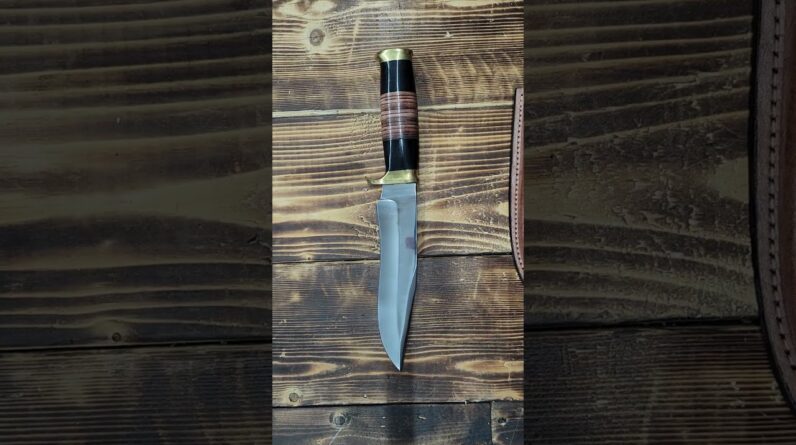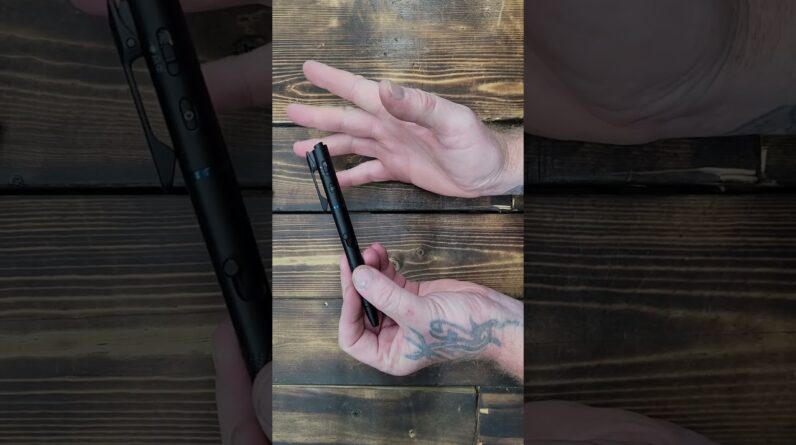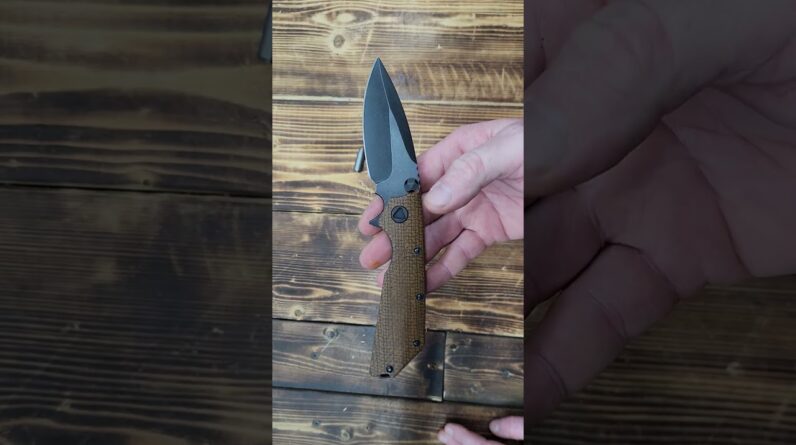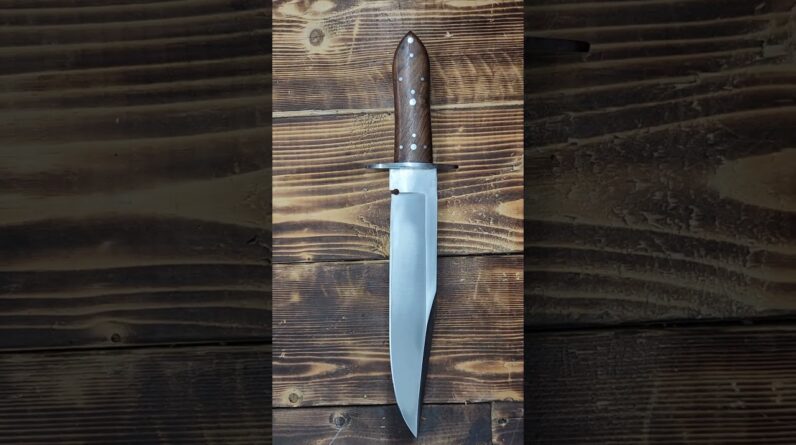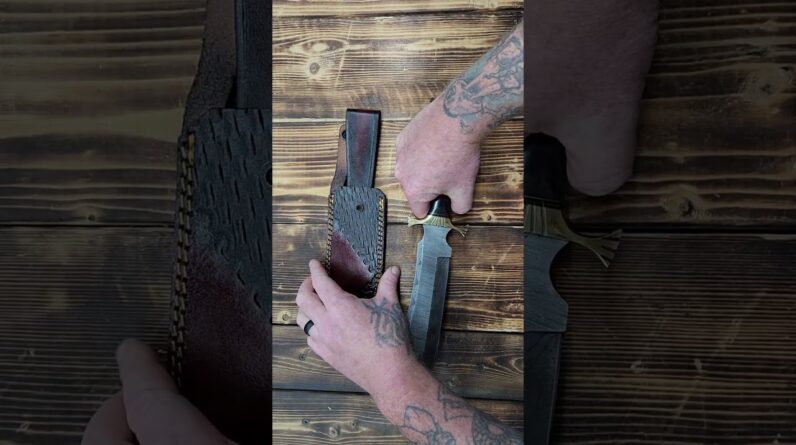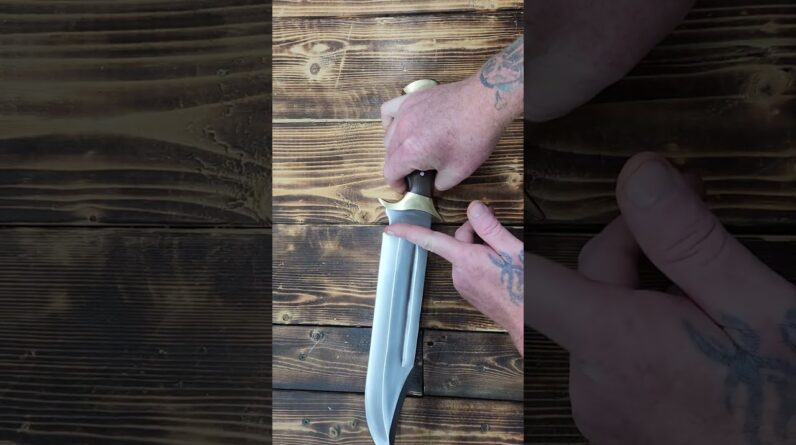
Prepper 101 – Preparing For the Long Term
One of the most common mistakes people make in emergency preparation is not prepping for the long term. Many people prepare for short term emergencies with the hope that their lives will return to normal soon. This is not always the case, however. If you’re unprepared, you won’t have enough food to last just a few days. Having a few days’ supply of emergency supplies on hand can make the difference between life and death. When disaster strikes, there’s no time to run to the store and buy food. Even if you do have emergency supplies, you may not be able to prioritize your survival preparations. Furthermore, many people don’t have the funds to buy emergency supplies.
To start your prepping supplies, make a checklist of items you’ll need. Start by buying the basics first, and then upgrade as needed. You can also buy cheaper versions of these items, which are still useful for emergencies. The most expensive items don’t necessarily have to be the best quality, so make sure to do a bit of research before you buy. Ask other preppers about their experiences and look for reviews. You can also get free items by becoming a blogger, as many companies are willing to offer you their products in exchange for a review.
If you’re an avid reader of blogs and articles on survival prepping, you’re in luck! Not only will these resources provide you with a wealth of information on various topics, but you’ll also learn about new ways to improve your preparedness. If you’re interested in developing a new hobby or getting involved in an existing one, survival prepping is a great way to do so. If you’re looking for a place to start, consider joining a blog geared toward prepping.
Whether you’re going hiking in the national park or surviving a financial disaster, emergency supplies can make a big difference in your life. You can survive three days without water and three weeks without food. By learning how to survive in these conditions, you can also keep yourself and your loved ones safe in case of an emergency. If you don’t have a phone, you should consider purchasing a HAM radio. You should also invest in some essential survival gear, such as a backpack that keeps your supplies organized.
Another great way to get started is to join a group. The Warrior Tribe is a group of like-minded individuals. Founded by infantry veteran Ian Talbert, the Warrior Tribe also offers specialized training for disaster preparedness. You can also find free information and tips on survival and disaster preparation through blogs like The Practical Survival Blog. These blogs are written by people who have personally prepared for disasters and emergencies.
A good book for beginners is Survival Prepping By Jason Ryder Adams, an author of three books on the subject. This book emphasizes a practical approach and breaks down prepping into small steps. It will help you feel confident and comfortable preparing for a disaster. If you have more time, you can start building a bunker and installing high-tech security systems. But it doesn’t have to be that complicated! Follow these basic steps to begin prepping now!
The most important tip in survival prep is to be prepared for the worst. Disaster can strike at any time. If you live in the city, you should learn how to live in an urban environment. You must be prepared and ready to act accordingly. The Prepper Journal is an online survival blog that covers many topics regarding personal defense and preparedness. The blog also covers traditional methods of food preparation and storage, organic gardening, and basic common sense survival skills.
The American Preppers Network website is another great resource for information about emergency preparedness. This site is run by Tom Martin and Phil Burns, and is packed full of articles and free resources. M.D. Creekmore, who is a survival author and emergency preparedness consultant, has four books on the subject. He also has an active social media presence and welcomes reader submissions. You’ll find all kinds of useful tips, resources, and tools on his website.
You can also follow a couple of popular blogs in emergency preparedness. The Black Scout Survival blog is run by a former U.S. Marine and a survival consultant for television. Other sites you might want to check out are Survival Sullivan and In The Rabbit Hole. These websites discuss everything from lock picking and gunsmithing to emergency preparedness and preparing for natural disasters. The authors of these blogs have a passion for survival topics, and are great sources of information.

